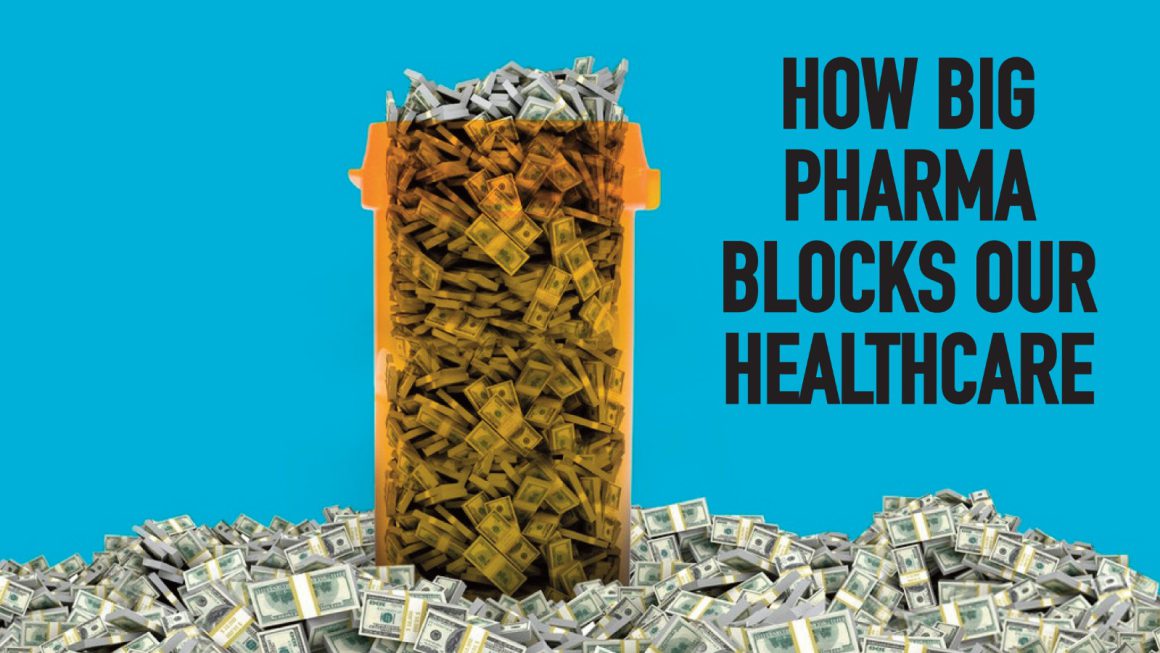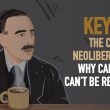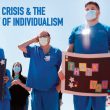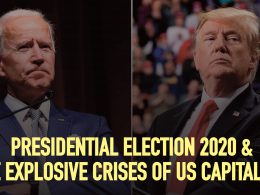By Summer Conneely
Within the current Covid-19 crisis, there are important negotiations occurring among the world’s leaders on how to develop and distribute any potential drugs or vaccines, with Donald Trump adopting an “America first” approach, and the EU largely supporting a voluntary patent pool.
A resolution in favour of a voluntary patent pool is expected to pass at an annual meeting of the World Health Assembly. This resolution, while seeming like a positive step, is simply a weak compromise which lays bare the fact that the strive for profit is at odds with the health and needs of the public.
What is a voluntary patent?
A voluntary patent pool allows companies, or any patent holder, to voluntarily license their patents to a pool, which is then made available to third parties, who pay royalties to the original holder. However, the exact nature of the proposed patent pool may vary. This is not the same as an open license, which essentially allows third parties to freely recreate the original work or product. The concept of an open license for patents for drugs and vaccines in the context of Covid-19 has been opposed by countries with large pharmaceutical companies, such as the US and the UK, who insist on the need for higher prices of drugs in certain countries in order to offset the price of production.
This opposition is echoed by the International Federation of Pharmaceutical Manufacturers and Associations (IFPMA), who claim “We have never needed innovation so much as now and this is probably the worst possible time to weaken intellectual property”. While this may seem a particularly selfish and heartless statement, this is a fundamental view of capitalism. At the heart of the arguments in favour of capitalism is the idea that free market competition drives innovation in an efficient manner.
Total failure of private healthcare
This view, however, falls apart under the weight of scrutiny, with the United States’ largely privatised healthcare system having, among many issues, the worst access to care among the world’s wealthiest nations. It also falls apart under the weight of international crisis, with healthcare experts highlighting the need for a unified response to Covid-19, and the easing of patent laws for wider availability of drugs and vaccines.
We may, rightly, feel disgusted at these pharmaceutical companies, who are concerned with patent rights and profit in the midst of an international pandemic. However, we must recognise that this is simply a product of the system we live under. Capitalism is an unstable system and, as the Covid-19 crisis has shown, even many large companies are no more than a few weeks away from their end [6]. This instability leads companies to adopt the most predatory, greedy tactics to stay afloat, which always intensifies the suffering of working-class and poor people.
Human wellbeing, not profit
The development and operation of capitalism is simply in direct opposition to our wellbeing. This only leaves one resolution; the nationalisation of this industry, with its workforce at the heart of management. To take it out of the hands of the profiteers. When publicly owned and operated by the workers, primacy would be given to human need, and pharmaceutical companies will never have the need, pressure, or opportunity to operate in a manner which is opposed to the wellbeing of the masses.
This would mean pooling the resources of these companies, their research and development and the skills and capabilities of their workforces. If we wish for the most efficient, humanitarian way to discover and distribute a drug or vaccine for Covid-19, it is through a system which completely removes profit as a motive for the pharmaceutical industry.












